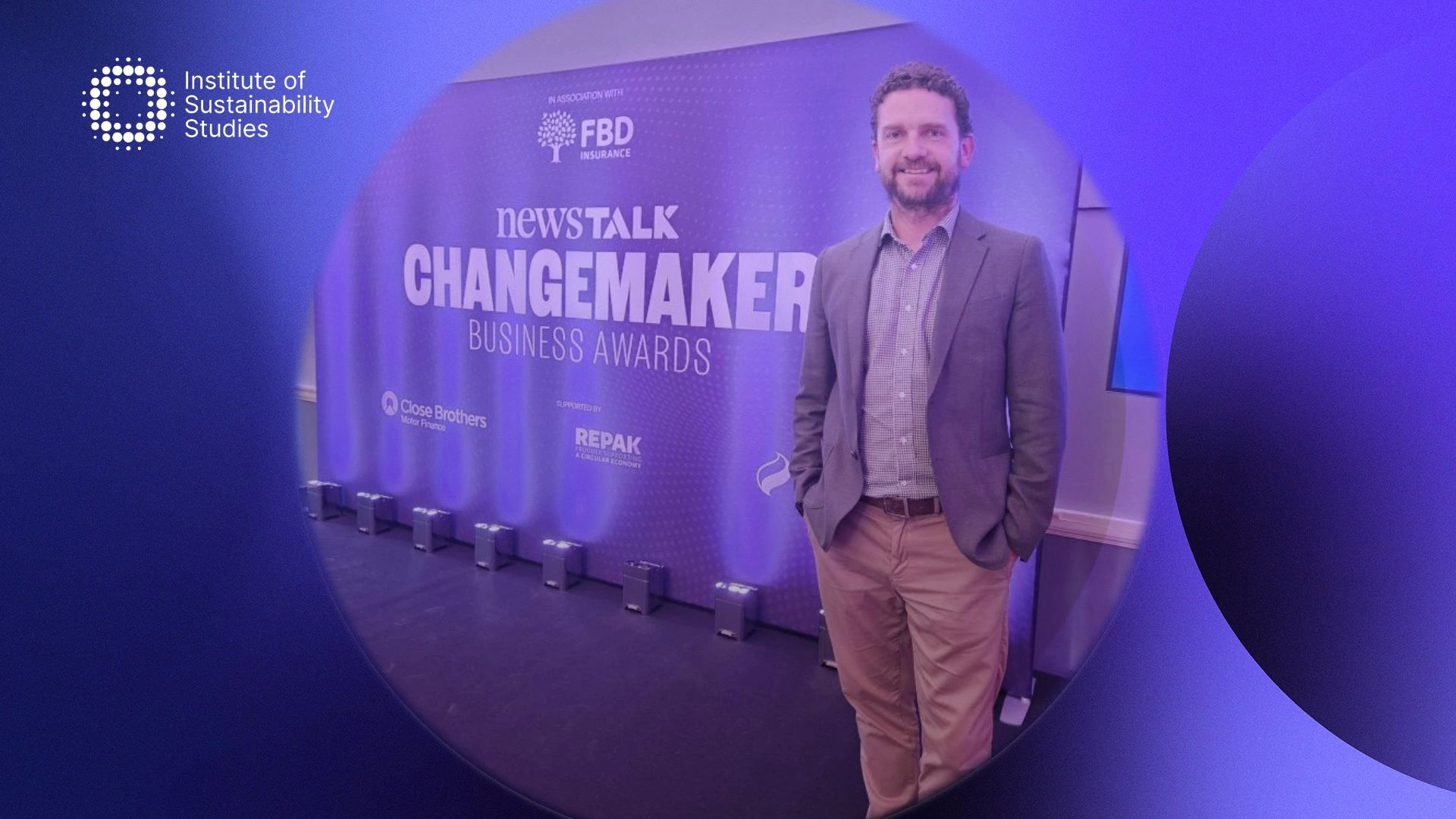The fashion industry is responsible for up to 10 percent of global carbon dioxide emissions and produces around one-fifth of the 300 million tonnes of plastic generated annually, according to a Forbes report. The World Economic Forum further highlights that the industry generates more emissions than maritime shipping and international flights combined. As the need for business sustainability grows across all sectors, addressing the environmental and social footprint of the garment industry has become imperative. Sustainable fashion provides a pathway to creating high-quality, durable clothing while addressing the critical environmental and social issues associated with the sector. Continue reading as we explore the concept of sustainable fashion, its significance, challenges, and future trends shaping this vital movement.
What is sustainable fashion?
Sustainable fashion focuses on creating garments that prioritise both people and the planet. In essence, it involves designing and producing clothing with a reduced environmental impact while ensuring ethical working conditions for all individuals involved in the supply chain.
This all-encompassing approach addresses processes, products, stakeholders, and activities across the fashion value chain. Environmentally conscious fashion aims to achieve a carbon-neutral sector rooted in social justice, equality, ecological integrity, and animal welfare.
Why is sustainable fashion important?
The importance of sustainable fashion cannot be overstated. The sector has a significant role to play in curbing waste and reducing its contribution to the global climate crisis. Circular practices such as repairing clothing, reselling secondhand items, and using eco-friendly materials are central to this transition.
Ethical fashion also focuses on fair wages, safe working conditions, and the overall well-being of garment workers—addressing the human cost of fast fashion. Environmentally friendly clothing, which uses biodegradable and recycled fibres, further reduces greenhouse gas emissions and resource consumption. By prioritising sustainable materials that avoid fertilisers, pesticides, and chemical treatments, ethical fashion contributes to building a circular economy where waste is minimised, and resources are conserved.
How do consumers feel about sustainable fashion?
For the fashion industry to transition successfully toward sustainability, consumers must play a key role. Today’s eco-conscious shoppers are driving change by demanding greater accountability from brands. This shift is particularly pronounced among younger generations, with McKinsey reporting that 50 percent of millennials and Gen Zers intend to purchase more secondhand clothing in the future.
Consumers increasingly favour brands that are socially and environmentally responsible, even when this means paying a premium for sustainable products. For many, ethical fashion also translates to higher quality and durability, offering more value for their investment.
Mainstream fashion retailers like Mango, Zara, and Primark are responding to this shift by re-evaluating their supply chains and adopting more environmentally friendly practices, demonstrating that sustainability is no longer just a niche concern but a mainstream expectation.
Future-proof your skills in business sustainability with a globally-recognised, in-demand course curated by industry experts
Challenges facing consumers and fast fashion
While consumer interest in sustainable fashion is growing, significant challenges remain. One of the most notable barriers is cost. Ethical and sustainable clothing often has a higher price tag due to fair wages, eco-friendly materials, and ethical production processes. This can deter budget-conscious consumers accustomed to the low prices offered by fast fashion brands.
Fast fashion’s appeal also lies in its convenience and constant turnover of trendy, inexpensive clothing, creating a culture of overconsumption. Many consumers lack awareness of these purchasing habits’ long-term environmental and social impacts. Additionally, misinformation and greenwashing—where brands falsely claim to be sustainable—make it challenging for consumers to identify genuinely responsible companies. Shifting mindsets toward valuing quality over quantity and encouraging circular practices like renting, repairing, and reselling clothing will be essential to overcoming these hurdles.
Future trends and predictions
The future of sustainable fashion is being shaped by innovation, regulatory changes, and shifting consumer preferences. Here are key trends to watch:
- Circular fashion models
Circularity will dominate the future of fashion, with brands adopting take-back schemes, rental services, and resale platforms to extend product lifecycles. More companies will embrace circular supply chains, ensuring minimal waste and maximum resource efficiency. - Technological innovations
Advances in materials science are driving the development of bio-based fabrics, such as lab-grown leather and algae-derived textiles, which have a lower environmental impact. Additionally, technologies like blockchain will enhance transparency in supply chains, helping consumers verify the sustainability credentials of products. - Policy and regulation
Governments are increasingly implementing stricter regulations to hold fashion brands accountable for their environmental impact. Initiatives like the EU Strategy for Sustainable and Circular Textiles will set industry-wide benchmarks for sustainable practices. - Conscious consumerism
As awareness grows, consumers will demand more from brands, favouring those that demonstrate a commitment to business sustainability and ethical values. Platforms promoting secondhand fashion, such as Depop and Vinted, will continue to thrive, further reducing reliance on new production. - Brand collaboration
The shift toward sustainability will encourage cross-industry collaboration to drive innovation, improve supply chains, and scale sustainable practices globally. Partnerships with NGOs and technology firms will play a key role in accelerating progress.
Summary
The fashion industry’s environmental and social impact is undeniable, but sustainable fashion offers a transformative solution. By adopting circular practices, choosing eco-friendly materials, and prioritising ethical supply chains, businesses can contribute to building a greener, fairer future.
Consumers also play a crucial role, with the growing demand for sustainable options pushing even mainstream brands to rethink their operations. While challenges like cost and greenwashing persist, the momentum for change is undeniable.
If you’re ready to position your fashion brand at the forefront of this transformation, our Diploma in Sustainability course provides the tools and knowledge to embed responsible, sustainable practices into your business. Start today and take the lead in shaping a more sustainable future for fashion.










